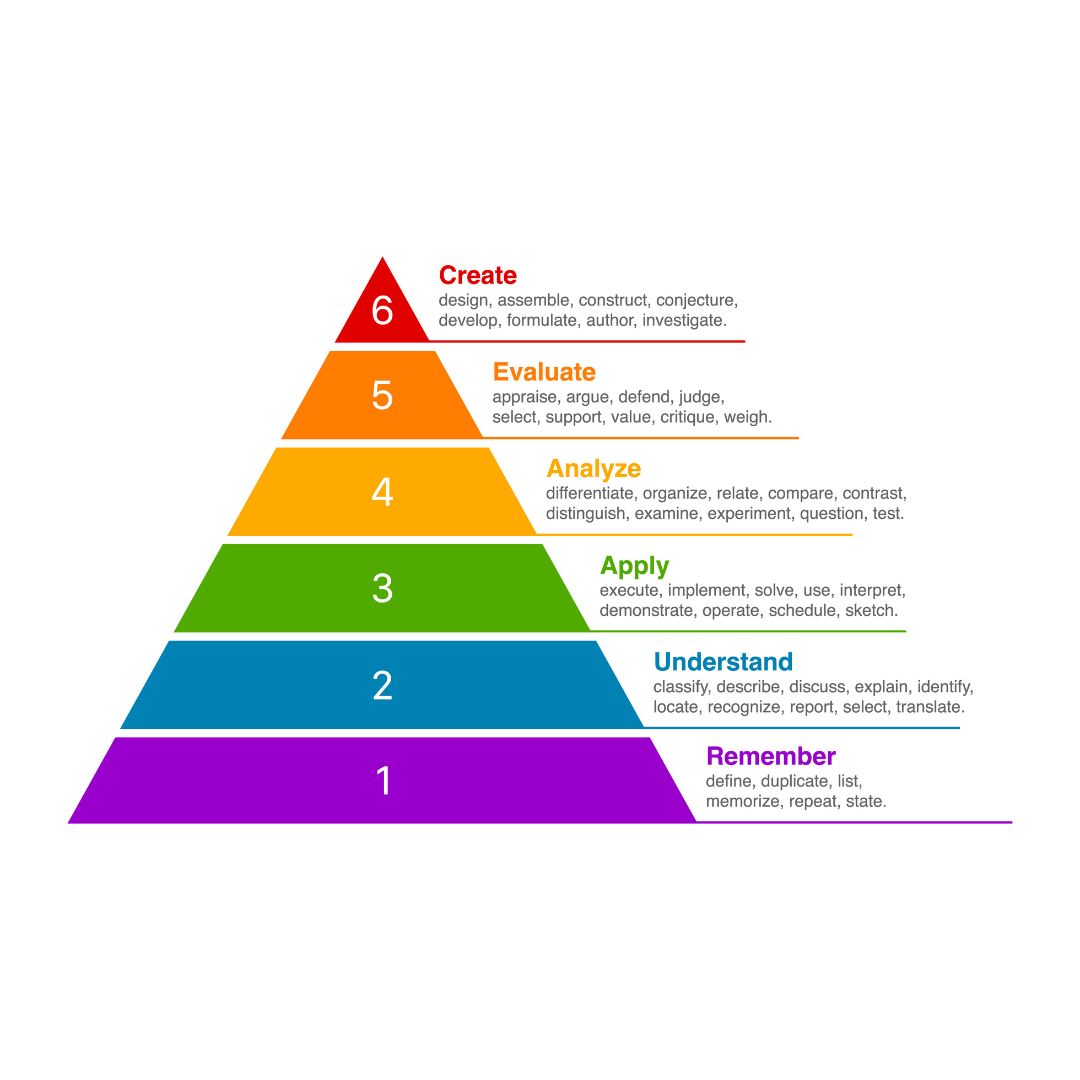Have you noticed how often too many simple ideas get caught in the net of complexity when they don’t need to?
A friend and I were recently discussing how many businesses complicate things. And then wonder why they aren't doing well.
“There are only two things every business needs to do to win," he said. "Sell their sh*t and be nice to the people they sell their sh*t to. That’s it. There’s nothing else. You want a paycheck on Friday? Do those two things well every week and watch what happens.”
Doesn’t matter if the business sells products or services or a combination of both.
Have a decent product and/or service the market wants, follow this business model, and you increase your odds of winning.
We have all experienced what happens when businesses overthink and overcomplicate everything.
Technology = Complications
So why do so many people overcomplicate running a business?
There are several.
The most obvious reason is the Internet. Over the last 25 years, businesses have had to adapt to and adopt new elements of doing business if they wanted to stay relevant:
- Build a website
- Set up social media accounts
- Manage both the website and the social media accounts
- Create content marketing
- Conduct meetings virtually
- Develop a personal brand
The list goes on and on.
You could argue these variables are not negotiable anymore. That every business needs them in place so that they can then sell their sh*t and be nice to the people they sell their sh*t to.
And in certain circumstances, that may be true. I’m not suggesting these variables aren’t important. Or bad.
I am suggesting they can become distractions. They can take away the focus from business owners who need to focus on the business model. Not another shiny new object that’s buzzing around online.
Enter TMI and Its Offspring, IO
But we are living in a time of too much information which breeds information overload.
Too much information muddies the water and makes people think crazy thoughts.
Overloaded people in muddy water thinking crazy thoughts develop a strange belief that business is so much more than what my friend described.
Distractions lead to faulty decisions.
Faulty decisions interfere with the fundamental function of the business model.
And the circle is complete.
Anything that takes us away from selling our sh*t and being nice to the people we sell our sh*t to takes us away from winning.
Soon-to-Be Listed on the Extinction List
Unfortunately, with the rise of TMI and IO, critical thinking is in danger of going extinct. Blame the Internet, blame the fast pace of modern life, blame smart phones and dumb people.
Without critical thinking skills, we -- the Royal We -- meaning all of us now alive -- are heading towards a disastrous end. At that point, it won’t matter how simple a business model is.
Without the widespread capacity to think critically about the information we find, we are essentially guaranteeing our collective demise.
It’s been hard for me to watch the decline of critical thinking over the last 20 years. My parents are thinkers. They raised me and my brother to think about things.
Logically. Deeply. Critically.
My dad had a sign in his shop that said “THINK.” It was impossible to miss it in black font on a white background. All caps.
I’m not shouting. He might as well have been.
Every time I visited him in the basement, I saw that sign. And it made me think about thinking which, as a kid, I didn’t fully grasp.
But I sensed thinking was important so I paid attention as best I could and practiced.
Even though my dad is gone now, the sign remains. I'm reminded of him every time I see it.
And I'm reminded to take time to think about an idea each day beyond the surface. To not take anything at face value. And that more times than not, simple is better than complicated, no matter how shiny and cool complicated seems.
“Hey Siri” is all well and good. But if we allow the results to dictate our decisions without thinking critically about the information we find, what was the point of asking the question in the first place?
Bloom’s Taxonomy
How to develop stronger critical thinking skills?
Bloom’s Taxonomy is an excellent tool for understanding critical thinking -- and then practicing it. Like any other skill, learning how to think critically takes practice.

Here is the process I do my best to follow every time I’m considering new information.
- I will write it down so I remember it.
- I will think about it to understand it.
- I will apply it to my life in some capacity.
- I will analyze it with respect to what I already know and understand.
- I will evaluate its relevance to what I do.
- And I will eventually make it my own when I create new work.
Hence, this post.
Hence, why I love the way my friend explained how to win in business.
If we can learn to take more time to think through things, to not jump on the latest fad or trend because everyone else is (I’m looking at you, Clubhouse), and make simplicity a core value, how much more amazing life and business would be.
Cutting through the noise isn’t easy. Neither is accepting that some ideas are best stripped down to their essence. Knowing how to think critically can help.
So can believing that some things in life really are that simple.
